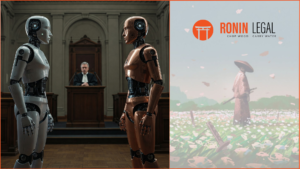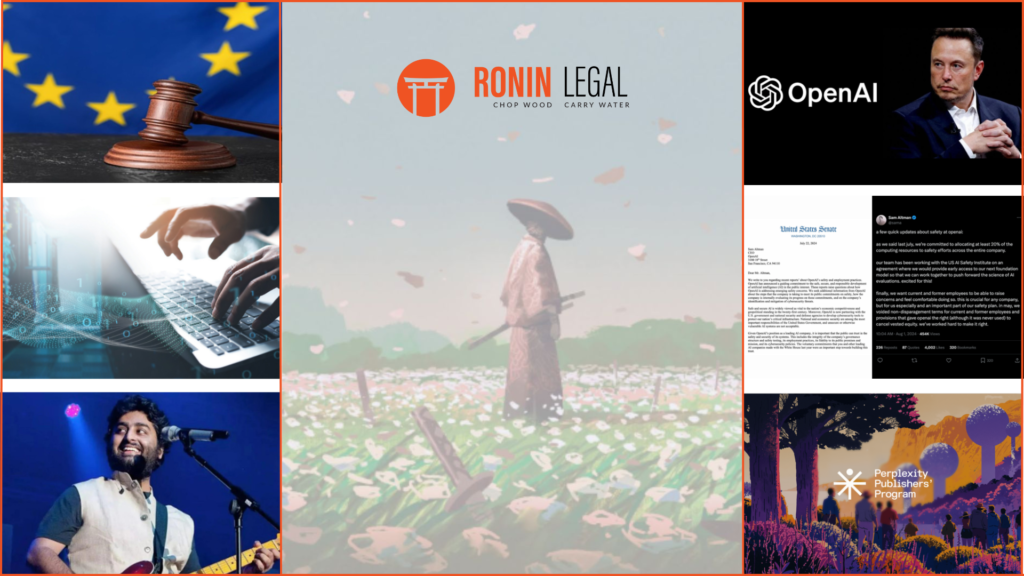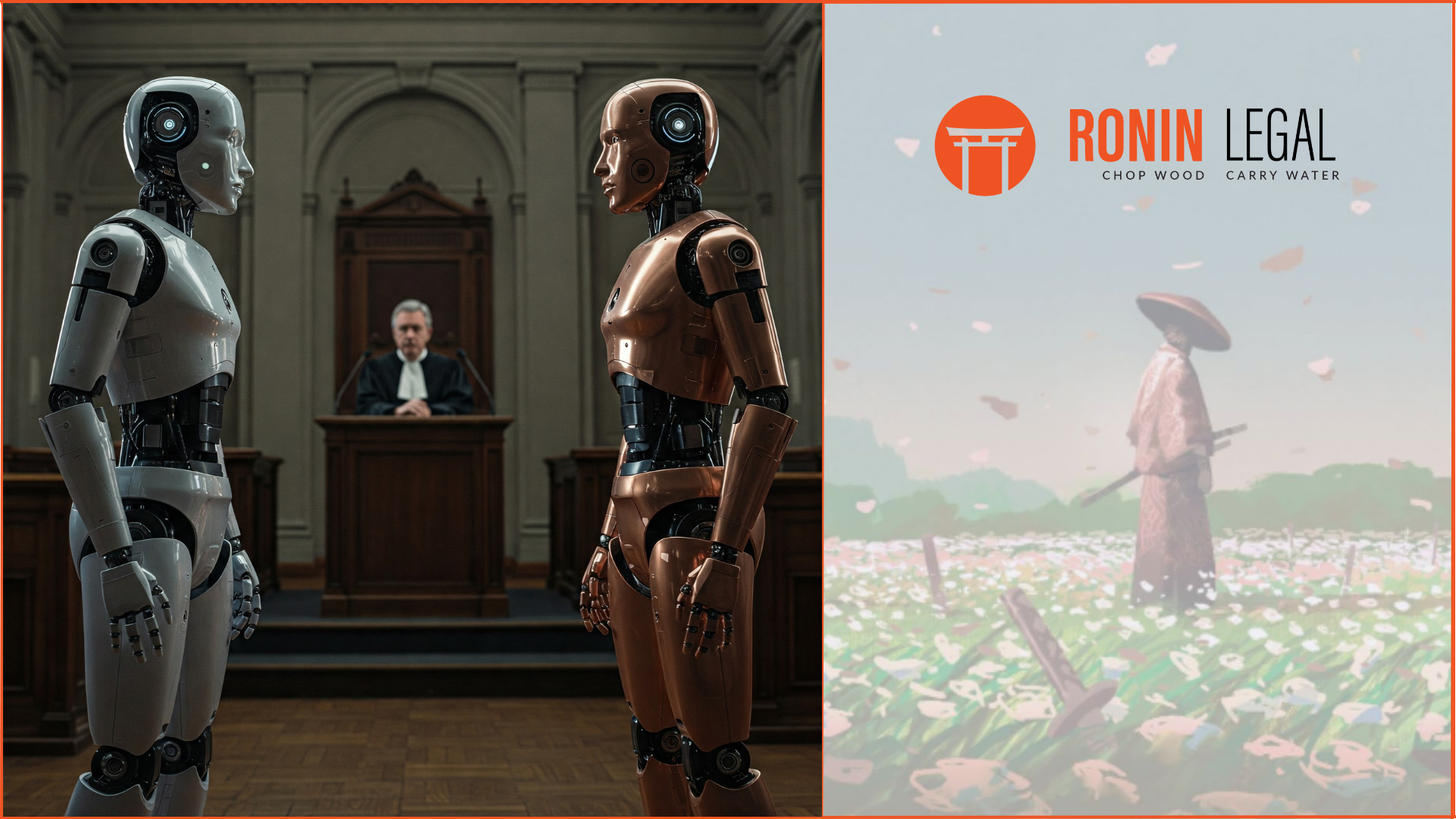Here’s what you’ll find in this AI update:
EU AI Act comes into force
Elon Musk files a second lawsuit against OpenAI
US Copyright Office issues report recommending protections against deepfakes
OpenAI responds to safety concerns raised by senators
Arijit Singh approaches Bombay HC to protect his publicity rights against AI
PerplexityAI introduces policy to compensate publishers
EU AI ACT COMES INTO FORCE
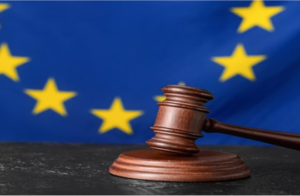
On 01 August, the European Commission announced the enforcement of the first global piece of AI regulation – the EU AI Act. This Act takes a risk-based approach for the classification of AI models – minimal risk AI models will be unregulated, specific transparency risk AI models will have disclosure obligations, high-risk AI systems will be subject to strict requirements under the Act, and AI systems falling under unacceptable risk will be banned.
The provisions of this Act will be applicable in several iterations, most of which will be applicable from 2 August 2026. Prohibitions on AI systems that fall under unacceptable risks will apply after six months, and rules for general-purpose AI models will apply after 12 months.
ELON MUSK FILES A SECOND LAWSUIT AGAINST OPENAI
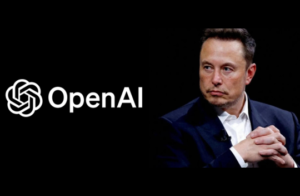
On 05 August, Elon Musk filed a second lawsuit against OpenAI, after withdrawing the first lawsuit in June. The second lawsuit contains similar allegations as the first, but takes a more aggressive approach this time.
The first lawsuit alleged violation of the Founding Agreement, which stated OpenAI’s non-profit status. This vision was apparently abandoned when OpenAI decided to bring Microsoft on its board.
The second lawsuit takes a slightly different turn and claims that OpenAI founders, Sam Altman and Greg Brockman, misled Musk into founding the company in 2015, “preying” on Musk’s concerns on the “existential” dangers of AI and his mission to create safer and more open AI than the tech giants. The suit also claims that OpenAI provided a license to Microsoft to all its AI models under the guise of determining whether “AGI” has been achieved, which the Microsoft board has failed to declare till date.
Following these allegations, Elon Musk seeks to hold the license to Microsoft null and void, and to establish a constructive trust to OpenAI’s property in favour of Musk.
US COPYRIGHT OFFICE ISSUES REPORT RECOMMENDING PROTECTIONS AGAINST DEEPFAKES
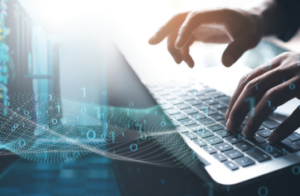
The US Copyright Office released Part 1 of its ongoing report series on AI and Copyright, which deals with the issue of the use of digital replicas. The report examines the recent proliferation of AI-generated deepfakes on the internet, the adequacy of the current regulatory framework, and its recommendations for improving existing regulation.
The Report suggests increasing the regulatory scope of publicity rights beyond name, image, and likeness, covering all individuals and not just celebrities under regulatory scope, applying the existing laws to the lifetime of individuals with limited postmortem rights, liability for distribution of infringing content, and injunctive and monetary remedies.
OPENAI RESPONDS TO SAFETY CONCERNS RAISED BY SENATORS
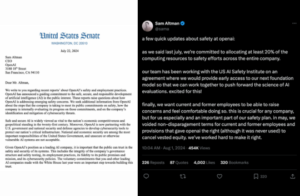
On 22 July, a group of Senators wrote a letter addressed to Sam Altman regarding OpenAI’s recent safety and employment policies. This letter touched upon two instances – the first being OpenAI disbanding its safety team, despite OpenAI’s commitment to dedicate 20% of its compute to safety research, and the second one being OpenAI’s recent controversy over the non-disparagement clauses in its separation documents. Sam Altman replied to this letter on 01 August, stating that OpenAI is still committed it dedicating 20% of its computing resources to safety efforts and that the non-disparagement clauses for former and current employees have been voided.
Sam Altman also revealed that OpenAI is working with the US AI Safety Institute to provide early access to its next foundation model in furtherance of the science of AI evaluations.
ARIJIT SINGH APPROACHES BOMBAY HC TO PROTECT HIS PUBLICITY RIGHTS AGAINST AI
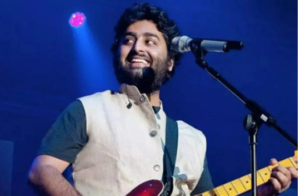
PERPLEXITYAI INTRODUCES POLICY TO COMPENSATE PUBLISHERS
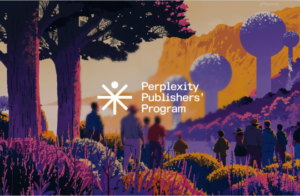
In other AI news…
US Commerce Department endorses open-source models, but recommends supervision for potential risks;
Meta rolls out Llama 3.1, an open-source AI model; and
OpenAI launches prototype for SearchGPT, a web browsing tool combined with gen-AI





